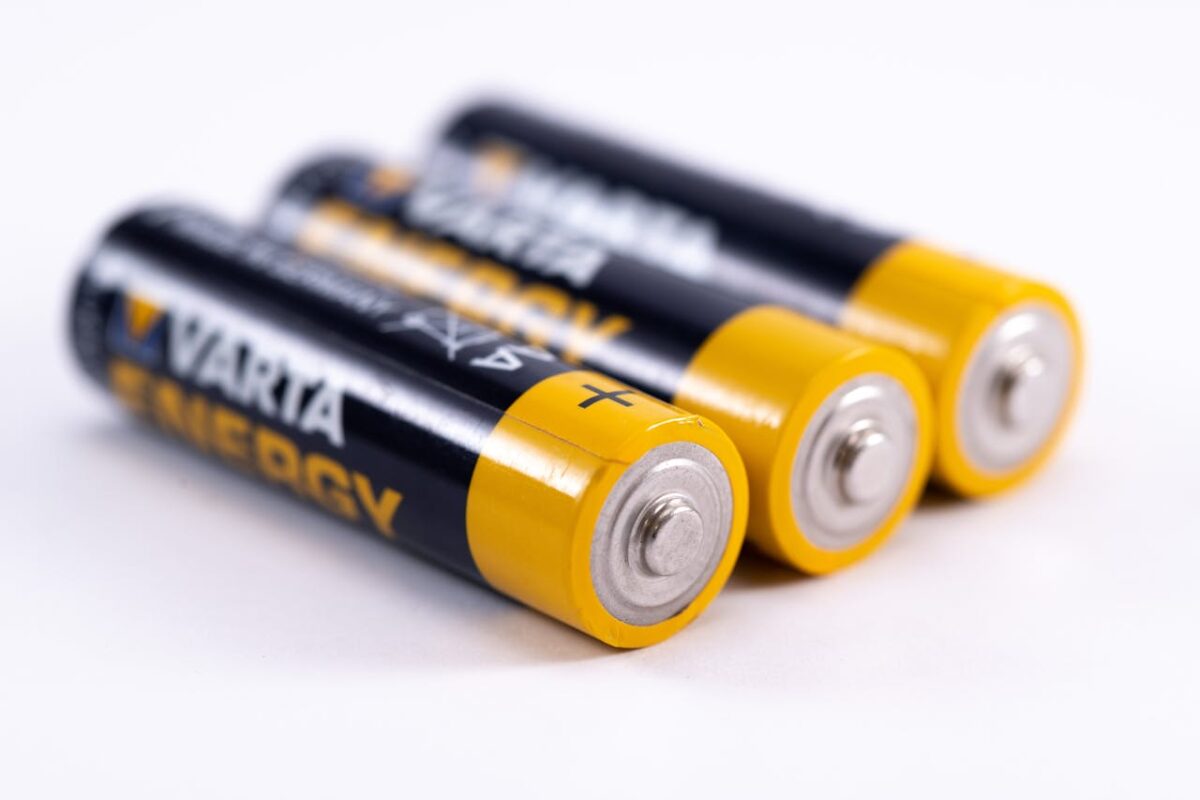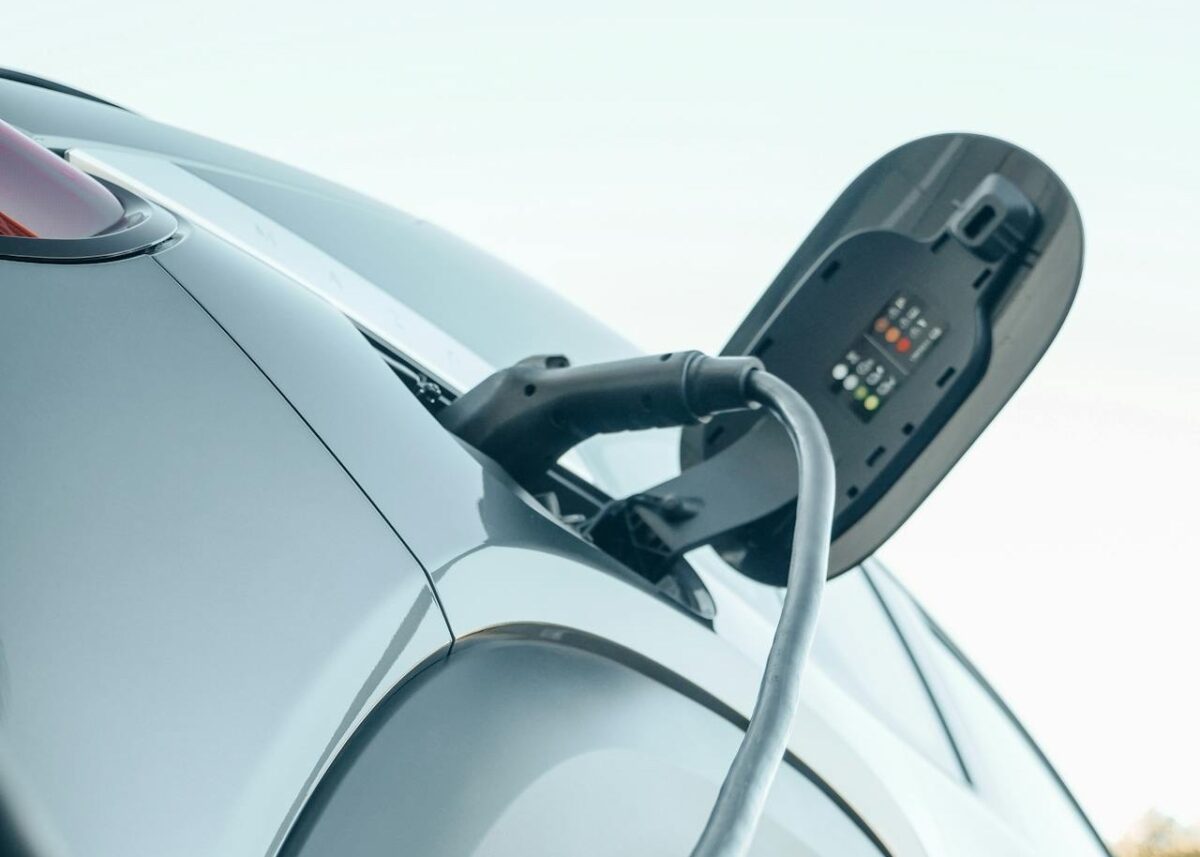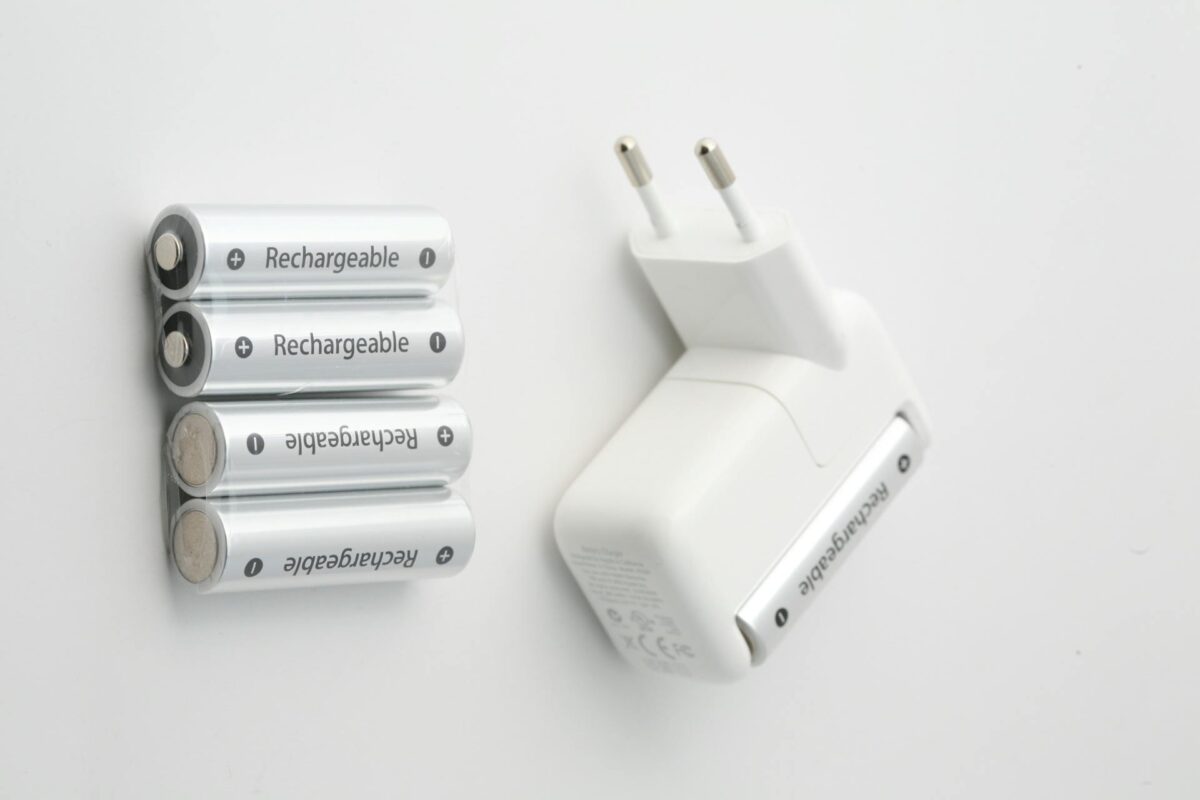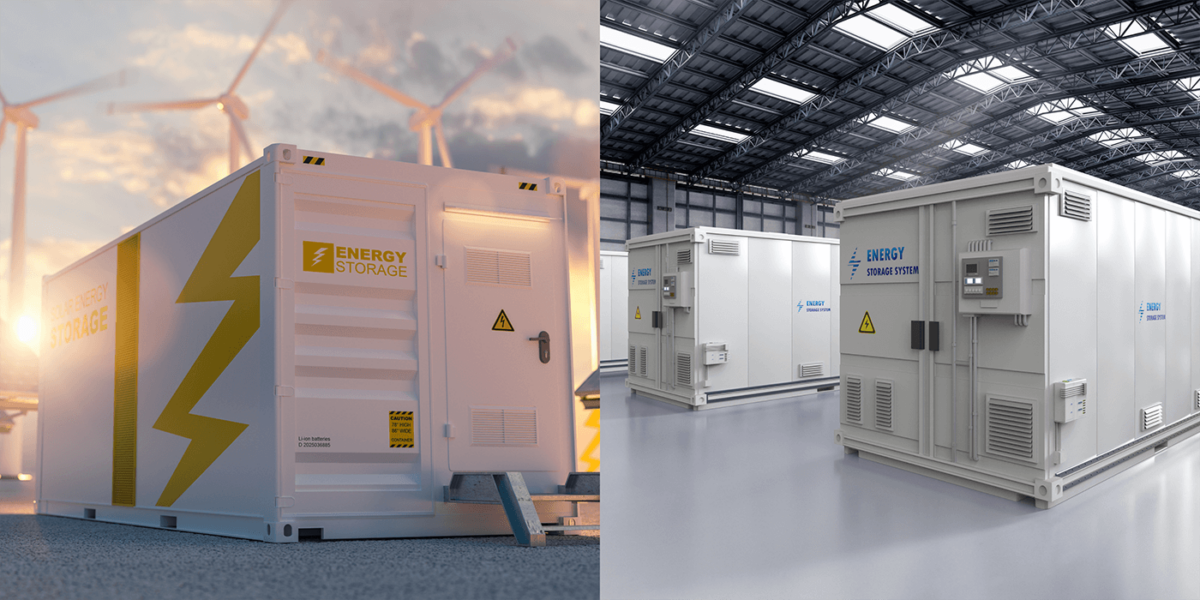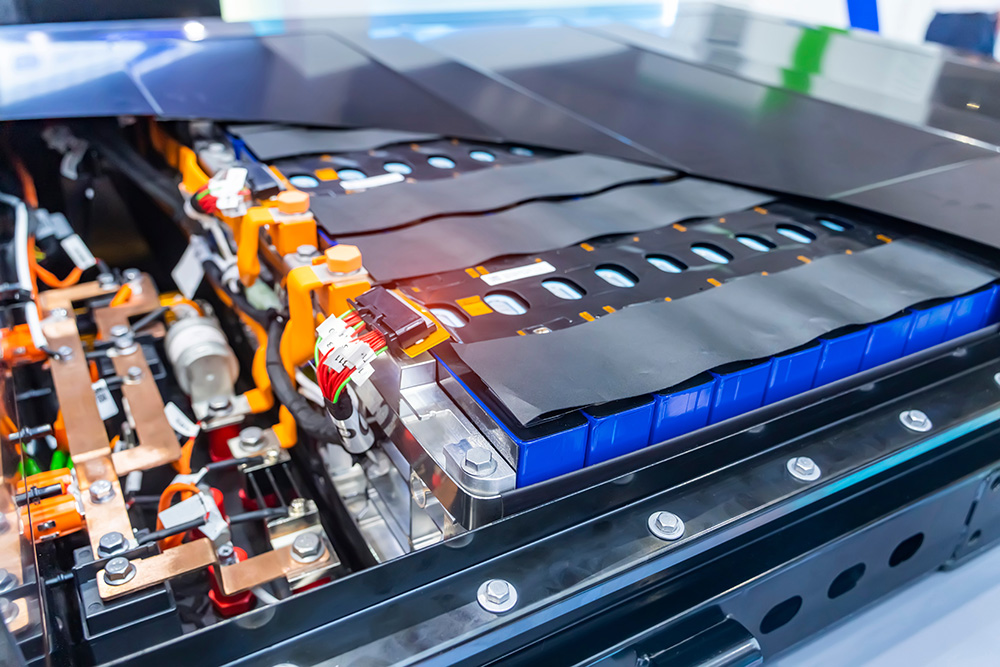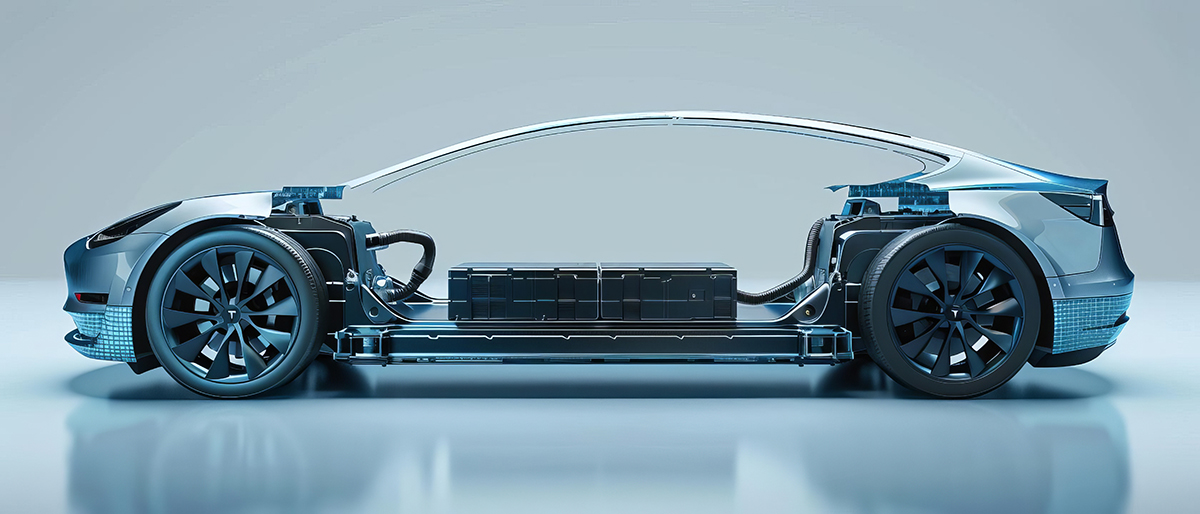What’s new with lithium battery recycling innovations?
If you’ve been keeping an eye on the green scene lately, you’ll know lithium battery recycling innovations are making waves. As we roll into 2025, the way we handle old lithium batteries—especially from solar setups and electric gear—is getting a serious upgrade. It’s not just about chucking them in a bin anymore; it’s about clever new tricks to pull out valuable bits like lithium and cobalt in ways that are kinder to the planet.
One of the coolest things popping up is the use of everyday stuff like vegetable oil and water to recycle batteries. Yep, you heard that right—UK researchers are testing this out to grab metals without the nasty chemicals we’ve relied on before. Then there’s talk of other methods, like using water and CO2, which cuts down on waste and keeps things eco-friendly. These lithium battery recycling innovations are all about making the process cheaper, greener, and more efficient—perfect timing as more businesses lean into solar power.
Here at Lithium Cycle, we’re chuffed to see this buzz. We’re a UK outfit focused on collecting and recycling lithium batteries for businesses, and these new ideas are right up our street. Whether it’s solar panels or other kit, we’re all about keeping those batteries out of landfill and back in the game. Let’s dive into why this matters and how it’s shaking things up for 2025.
Why these innovations matter for UK businesses
So, why should your business care about lithium battery recycling innovations? Well, for starters, the UK’s gone mad for solar energy. From warehouses to offices, more companies are slapping panels on their roofs to cut bills and go green. But those lithium batteries storing all that solar juice? They don’t last forever—10-15 years tops—and we’re hitting a point where loads need replacing. These new recycling tricks mean we can deal with them smarter.
It’s not just about logistics, though. The green factor’s massive. Customers and regulators are pushing businesses to prove they’re serious about sustainability, and these innovations help you walk the talk. Imagine telling your clients your old batteries are recycled with veggie oil instead of dumped—sounds pretty good, right? Plus, with lithium and cobalt getting trickier to mine, reusing what’s already out there keeps supply steady and costs from going bonkers.
For UK businesses, it’s a practical win too. Landfill space is tight, and disposal fees are creeping up. Lithium battery recycling innovations offer a way to sidestep that hassle while staying ahead of the curve. It’s no wonder this topic’s trending—it’s a game-changer for anyone with solar or battery-powered kit, and Lithium Cycle’s here to make it happen.
How Lithium Cycle taps into lithium battery recycling innovations
At Lithium Cycle, we’re not just watching these lithium battery recycling innovations from the sidelines—we’re in on the action. Based in the UK, we collect lithium batteries from businesses nationwide, especially those tied to solar setups, and make sure they’re handled properly. Our goal? Keep those materials spinning back into use, and these new methods are helping us do it better than ever.
When you hand your old batteries over to us, we take care of the nitty-gritty. We’re clued up on the latest recycling tech—like those eco-friendly processes using water or plant-based solutions—and work with partners who can extract lithium, cobalt, and more. It’s all done safely (these batteries can be a bit feisty if mishandled), sticking to UK rules like ADR for transporting hazardous stuff. The result? Your batteries get a second life, whether in new energy storage or other products.
What’s ace about this is how it fits our mission. We’re not here to just clear your clutter—we’re closing the loop on lithium batteries. By tapping into these innovations, we’re helping UK businesses stay green and compliant without the faff. It’s simple, it’s sustainable, and it’s what 2025’s all about.
The benefits of embracing these new methods
Getting on board with lithium battery recycling innovations isn’t just trendy—it’s packed with perks for your business. First off, it’s a proper boost for the environment. These new methods cut down on harsh chemicals and waste, meaning less mess for the planet. For any company chasing net-zero goals or just wanting to do right by the earth, that’s a big plus.
Then there’s the money side. Recycling with these slick new processes can dodge those rising landfill costs—trust us, they’re not getting cheaper. Plus, as more lithium and cobalt get reused, it could steady the prices of new batteries down the line. It’s not an instant cash grab, but it’s a savvy long-term move. And with Lithium Cycle sorting the pickup and recycling, you don’t even have to lift a finger.
The cherry on top? It’s brilliant for your image. Customers love a business that’s ahead of the pack, especially on green stuff. Telling them your solar batteries are recycled with cutting-edge, planet-friendly tech is a solid flex. It sets you apart, builds trust, and shows you’re in tune with where things are heading in 2025. Partnering with us makes it dead easy to cash in on those benefits.
What 2025 holds for lithium battery recycling innovations
Looking ahead, 2025’s shaping up to be a cracking year for lithium battery recycling innovations. The UK’s all in on clean energy, and with solar setups multiplying, the need to recycle batteries is only going up. These new methods—like using veggie oil or CO2—are just the start. Word online is that researchers are tweaking them to grab even more materials, faster and cheaper, which could flip the script on how we handle battery waste.
There’s a vibe that businesses will feel the nudge too. The government’s hinting at tighter rules on waste, maybe even incentives to recycle, so jumping in now puts you ahead of the game. Lithium Cycle’s keeping tabs on all this—we’re ready to roll with whatever 2025 throws our way, from bigger collection runs to partnering with the latest recycling tech. It’s about staying nimble so UK businesses can keep their solar game strong.
For you, it’s a chance to future-proof. Embracing these innovations now means you’re not just sorting today’s batteries—you’re set for tomorrow’s boom. It’s practical, it’s green, and it’s where the smart money’s at. With Lithium Cycle by your side, 2025 could be the year your business nails sustainability without breaking a sweat.
FAQs
What are lithium battery recycling innovations?
They’re new ways to recycle lithium batteries—like using vegetable oil or water instead of harsh chemicals—to pull out valuable bits and keep things eco-friendly.
Why should my business care about these innovations?
They save landfill costs, boost your green cred, and help reuse materials, all while keeping up with the UK’s push for sustainability in 2025.
How does Lithium Cycle use these new methods?
We collect your old batteries and work with partners using the latest tech to recycle them safely, turning lithium and cobalt into something useful again.
Are these innovations expensive for businesses?
Not really—recycling’s often cheaper than landfill fees, and we keep it affordable. Contact Lithium Cycle for a quote to see how it fits your budget!
Kallipso Mais
on
March 5, 2025



